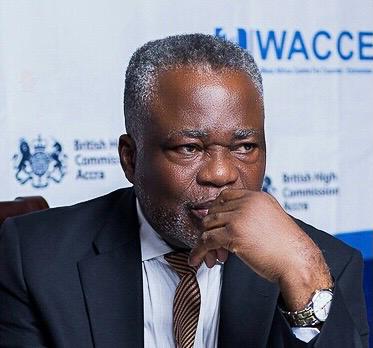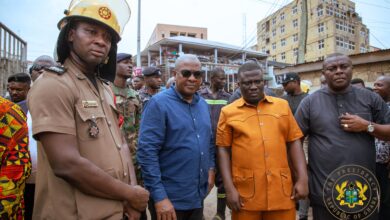
Ghana has lost its spirit of nationalism and cohesion necessary for national development. The exceptional leadership of Dr. Kwame Nkrumah, the founder and first president of Ghana, is notably absent from our current development agenda, hindering the country’s progress.
Colonel Festus Aboagye, an author and security consultant, made these remarks during the Adekyee Mu Nsem special holiday morning show on Ahotor 92.3 FM, hosted by Ambassador Victor Smith in Accra. He reflected on Nkrumah’s success story, emphasizing that Nkrumah’s leadership style transcended borders, embracing diverse cultures and values. His vision aimed to unite Africa and govern Ghana as a cohesive nation, fostering a sense of common destiny among its people, regardless of tribe, ethnicity, or culture.
Nkrumah’s leadership significantly impacted major sectors of the economy, promoting wealth creation and good governance before his overthrow. Colonel Aboagye underscored several key aspects of Nkrumah’s contributions:
- Independence and Nation-Building
Independence: Nkrumah led Ghana to become the first African country to gain independence from colonial rule on March 6, 1957.
Nation-Building: He focused on unifying diverse ethnic groups within Ghana to foster a strong national identity. - Political System
One-Party State: Nkrumah established a one-party state under the Convention People’s Party (CPP) to consolidate power, arguing that this was necessary for national unity and development.
Political Repression: His government was marked by political repression, including the banning of opposition parties and censorship of the press. - Economic Policies
Industrialization: Nkrumah implemented ambitious programs aimed at industrializing Ghana, establishing factories and infrastructure projects.
State Control: He nationalized key industries and resources, including gold mines and utilities, believing that state control was essential for equitable wealth distribution. - Social Development
Education: Nkrumah prioritized education, building schools and promoting literacy programs to raise educational standards.
Healthcare: His government invested in healthcare services, constructing hospitals and clinics to improve public health. - Pan-Africanism
African Unity: Nkrumah was a leading advocate for Pan-Africanism, promoting the idea of a united Africa and hosting the first All-African Peoples’ Conference in 1958.
OAU Formation: His efforts contributed to the establishment of the Organization of African Unity (OAU) in 1963, which aimed to promote solidarity among African nations. - Foreign Policy
Non-Alignment: Nkrumah adopted a non-aligned foreign policy, seeking to maintain independence from both Western and Eastern blocs during the Cold War.
Support for Liberation Movements: He supported liberation movements across Africa, advocating for decolonization. - Challenges and Decline
Economic Difficulties: Despite initial successes, Ghana faced economic challenges, including inflation and foreign debt, leading to public dissatisfaction.
Coup and Exile: Nkrumah was overthrown in a military coup in 1966, marking the end of his leadership and many of his policies. - Legacy
Nkrumah’s vision for Ghana was one of self-reliance and development. His mixed legacy includes his significant role in African independence and unity, as well as criticisms for authoritarian governance and economic mismanagement. His ideas continue to influence political discourse in Ghana and across Africa today.
Story by Alexander Kukah



